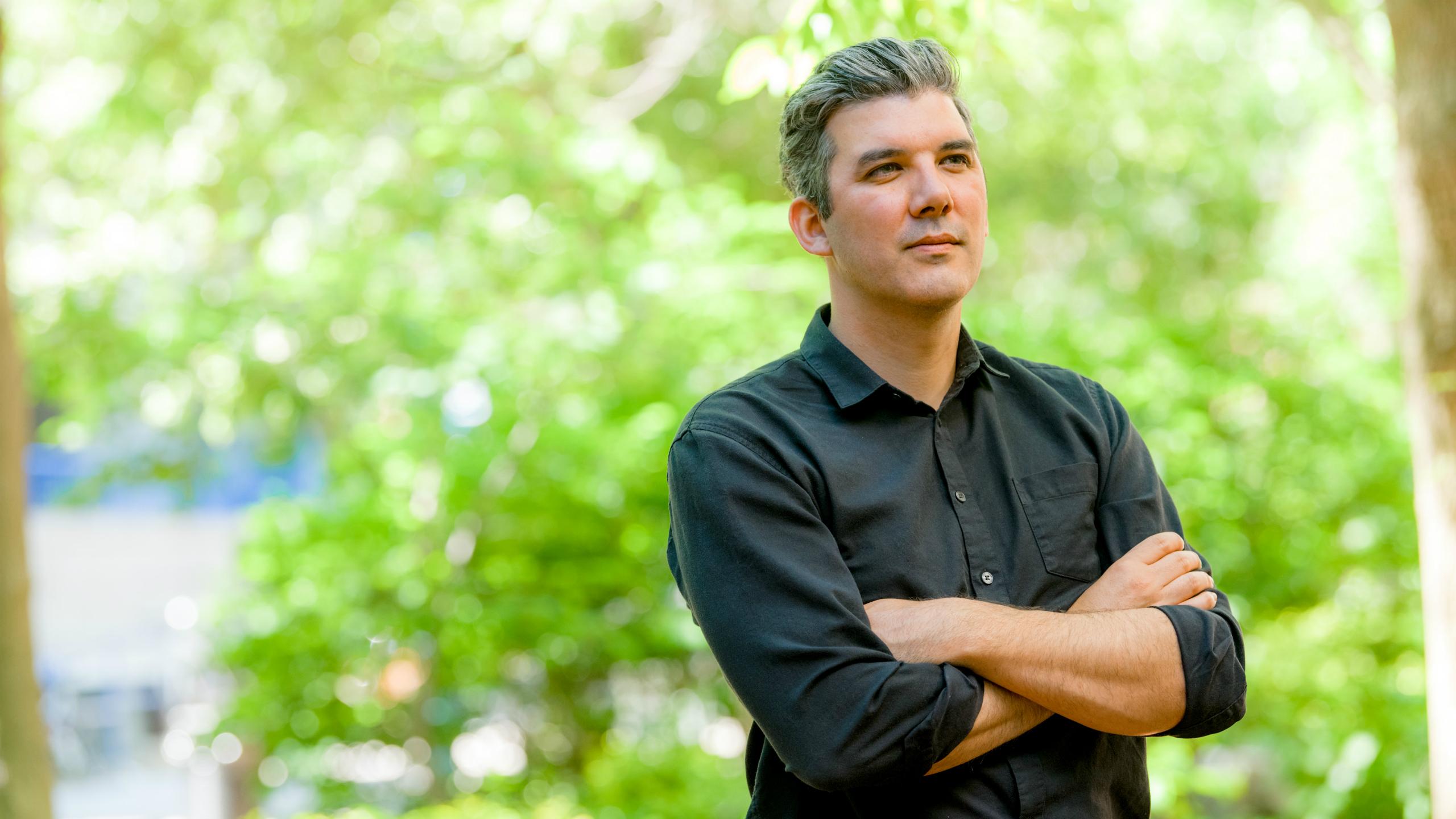By Kiara Rudder
Hayden King, director of Yellowhead Institute and Indigenous Educator for the faculty of arts told CBC News that he regrets writing Ryerson’s land acknowledgment.
A territorial or land acknowledgment is an act of reconciliation that involves making a formal statement recognizing the traditional territory of the Indigenous people, who called the land home before the arrival of settlers.
Recognizing the land is an expression of gratitude and appreciation to the traditional territory of Indigenous people that you reside on. It is also a form of honouring the Indigenous people who have been living and working on the land before settlers.
King said he regrets writing Ryerson’s Land acknowledgment because it is becoming superficial for us to recite a territorial acknowledgment. This obscures the fact that these treaties are real institutions and not metaphors, he told CBC News.
“A territorial acknowledgement, as they have evolved, is sort of a political statement encouraging primarily non-Indigenous people to recognize that they’re on Indigenous land and hopefully do something about it,” King tells CBC News.

Land acknowledgements are commonly done at the beginning of events, concerts, conferences, schools, meetings and other public gatherings
When land acknowledgements are recited, they are usually scripted and read off by the speaker, which, according to King, does not effectively convey the intent of reconciliation.
“In my definition, a land acknowledgement is the act of naming whose traditional territory you’re on and paying tribute to the folks that were here first… recognizing all the Indigenous nations that lived here before settlers arrived,” said Olson Crow, previous vice-president of equity of the Ryerson Student’s Union (RSU), and the first Indigenous representative on the RSU.
“We have to acknowledge truth before we can get to the reconciliation process”
Crow said he agreed with where King was coming from with this statement.
“I’m not concerned about he said, that’s his own opinion. We’re grateful… at least we have a starting point.” Mohamed Lachemi, president of Ryerson said in regards to King’s statement.
“For a settler to get up in the front of the room and to read something off their phone, means you’re not really trying to know whose land it is, you’re just reading it off because it’s something that you have to do,” Crow said.
Jani Lauzon,
“We have to acknowledge truth before we can get to the reconciliation process,” Lauzon said.
Lauzon said that she is thankful to King for the content of the land acknowledgment. She believes that land acknowledgments must be created, we must focus on how we practice them.
“The constant repetitive message is important whether people want to hear it or not. The key to me is training those who give the message and what that content needs to be depending on the group that is hearing it,” Lauzon said.
A possible solution to make land acknowledgements more effective is to provide the speaker with a framework, and then allow them to write the acknowledgment themselves, King told CBC news
In response to King’s solution on making land acknowledgments more effective.
“We have a statement that was developed by the Aboriginal Council, we’re not imposing each speaker to really read them from the script,” said Lachemi. “Actually, we have many people using different versions of it. So that’s important. It’s not something that we are asking people to read it exactly the way that it was proposed. We give opportunities for people to sometimes solidifies it.”
Crow said that possible solutions for an effective land acknowledgment would be; memorizing it, so it shows you actually are aware of whose land you’re on, tying it to your personal experiences and overall something that makes it more than a simple read off
“Land acknowledgements that talk about your personal connection to the land, and placing yourself in that acknowledgment, I think that is meaningful,” Crow said.
Lauzon also agreed that turning a scripted land acknowledgment into something more personal is effective.
“There is a plethora of creative ways to write the content that can be tailored to the group gathered or tethered to the reason for the gathering,” Lauzon said, “Which can hone in on the message that not only is this the traditional territory of many nations, it is also the responsibility of all of us to take care of it due to the core principles of those treaties and covenants.”
In an interview with CBC News, King said scripted land acknowledgements are ineffective because it doesn’t require much work on behalf of the person who is reading it, especially since land acknowledgements are mostly for non-Native people
“For me, something that’s really frustrating when people do land acknowledgements is that they don’t even research how to say the names of the nation right,” Crow said. “I would rather someone not say anything at all, then get up there and disrespect my ancestors and communities by saying the names wrong.”
“What’s important for us is that the land acknowledgment statement demonstrates our respect for Aboriginal perspective and experiences and our commitment to our TRC recommendations”
King isn’t the only one questioning the effectiveness of land acknowledgements. The University of Toronto conducted a study on the effectiveness of land acknowledgments last spring.
According to the study, “territorial acknowledgments are often practiced merely because of a vague interest in supporting Indigenous groups, or even pressure to be politically correct.”
The study concluded that “it is important for universities and other institutions to critically question what is meant by acknowledgment and who is doing it… suggesting that oftentimes, settlers who read these acknowledgment statements have little understanding of the details of local Indigenous history or of the development of the territorial acknowledgment practice.”
“I am also not apologetic about repeating that message. All my life I have had to sit through acknowledgements of other kinds: our allegiance to the Queen, our patriotic songs, religious specificity…I figure the least that Canadians can do is patiently participate in an Indigenous voice, finally,” Lauzon said.
“What’s important for us is that the land acknowledgment statement demonstrates our respect for Aboriginal perspective and experiences and our commitment to our TRC recommendations,” said Lachemi. “This will help us as we continue our commitment to Indigenize the campus and also our commitment to engage more in conversations with our Indigenous peoples and that’s part of our commitment.












Leave a Reply